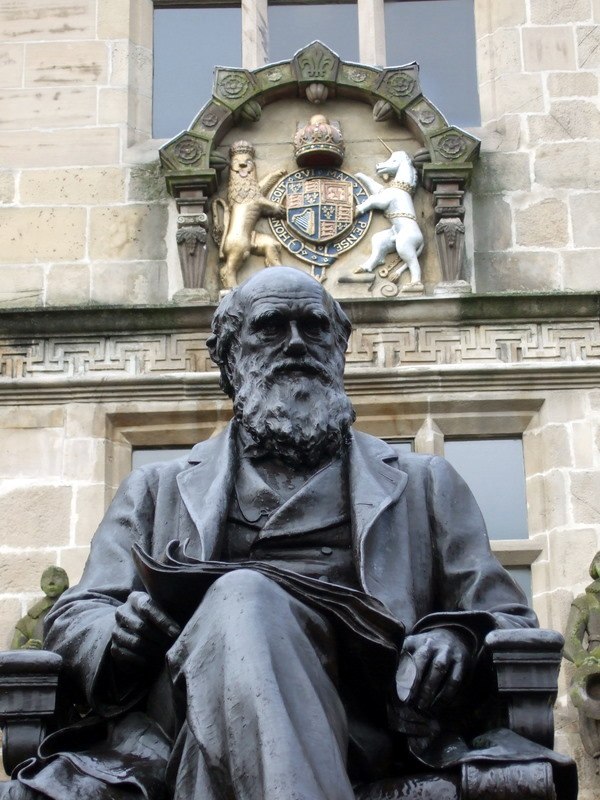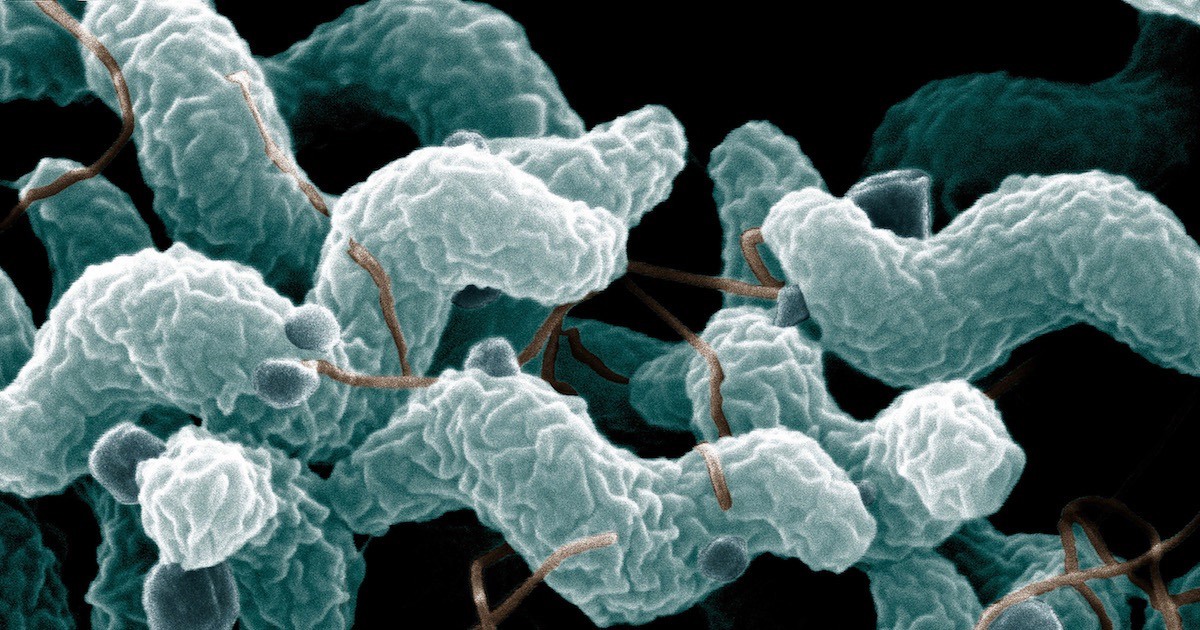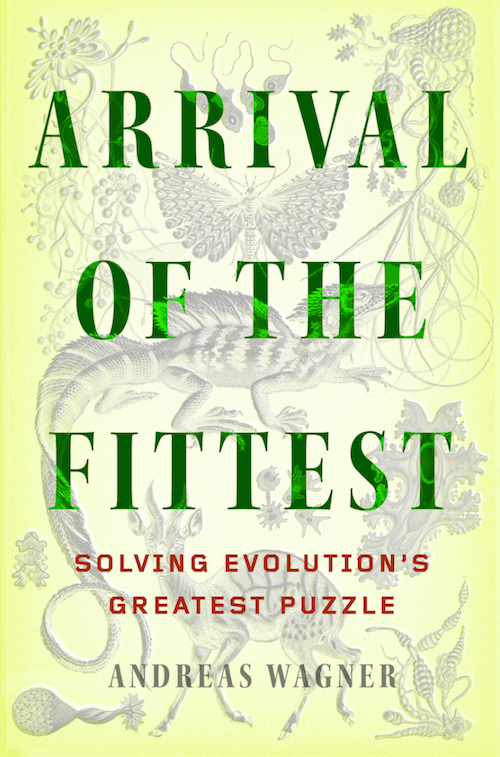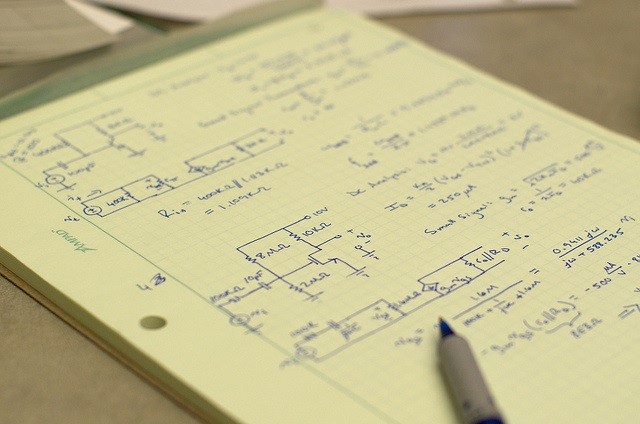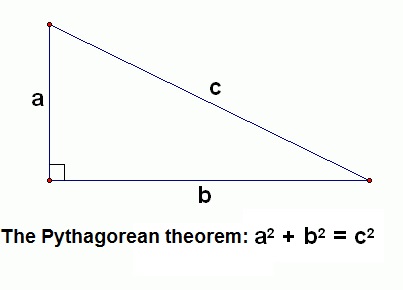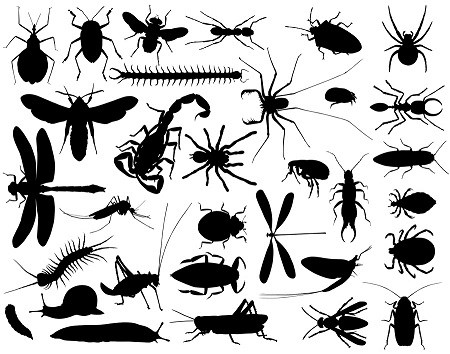If you were to come across Mt. Rushmore while hiking through the hills of South Dakota, having no prior knowledge of the structure, which statement is more "scientific" and which one requires a lot of faith?
1. Some intelligent being designed this.
2. Wind and erosion over millions of years created this.
If you choose #1 as the statement most "scientific" (with no guessing or conjecture as to who made the design), then you would be labeled as an idiot trying to force your religious beliefs on others by 21st scientists when applying the same scientific reasoning to other things found in nature.
If you choose #2, however, starting with the presupposition that #1 cannot be true, you have now created a new belief system from which to develop your theories or origins upon. This new religion, fueled mainly by Darwinism, is Scientism.
Scientism is the basis of much of western culture today. It gave us eugenics, for example, and was responsible for the medical tyranny that unfolded in Nazi Germany leading up to World War II.
What few people today realize, however, is that the foundations of the religion of Scientism is bringing about medical tyranny in many of the same ways as they unfolded in Nazi Germany, today right here in the United States.
If you want to understand #1, however, you need to study Intelligent Design. Intelligent Design (ID) is a branch of science which is constantly under attack today, and labeled as "religion" or something else it is not.
ID is quite different from "Creationism." Creationism moves beyond the observation of scientific facts and makes statements as who the Creator is, such as what is written in the Bible (a worthy topic of study in and of itself!) ID does not deal with the "who," but leaves that up to religion.
David Klinghoffer of the Discovery Institute writes about the prejudices against ID by those who have never even studied it: "We Don't Have to Listen to the Evidence Because..."




